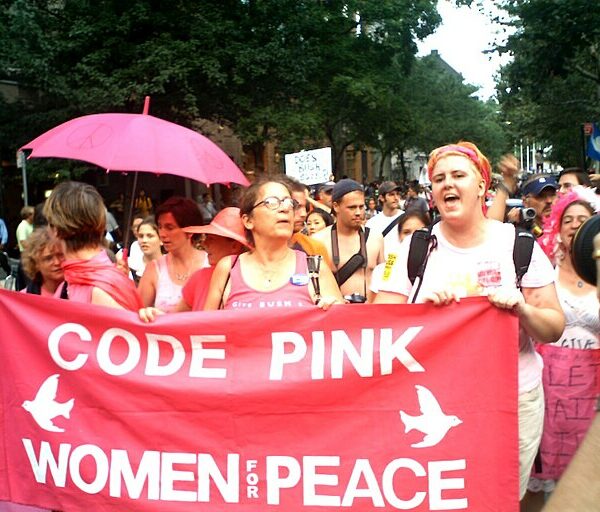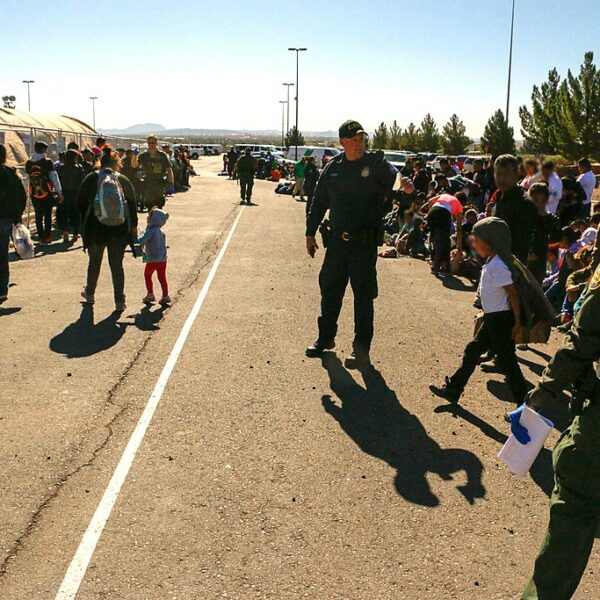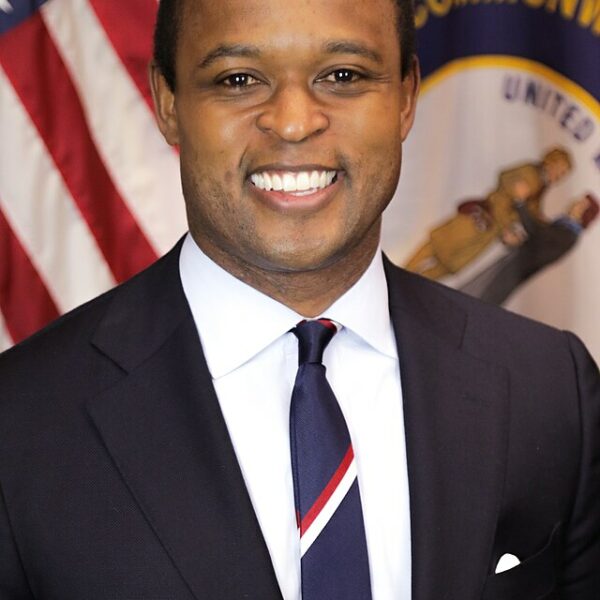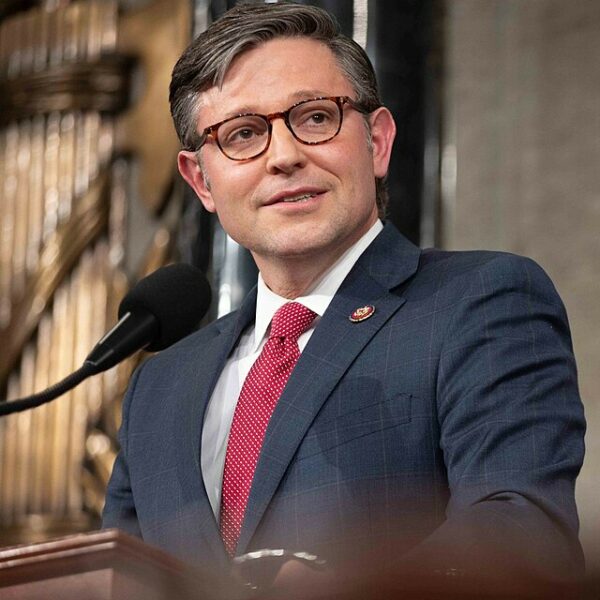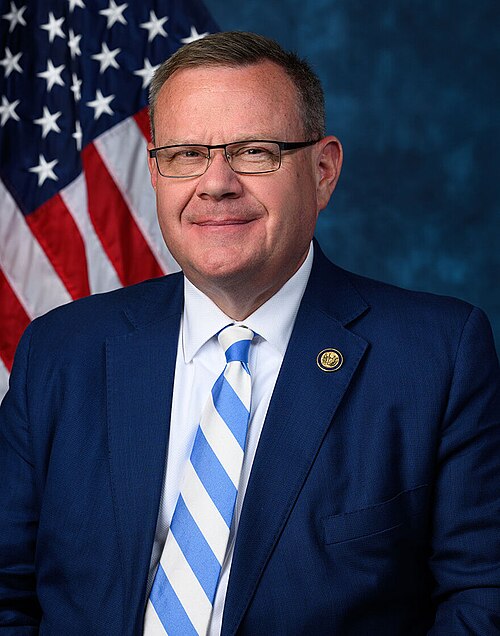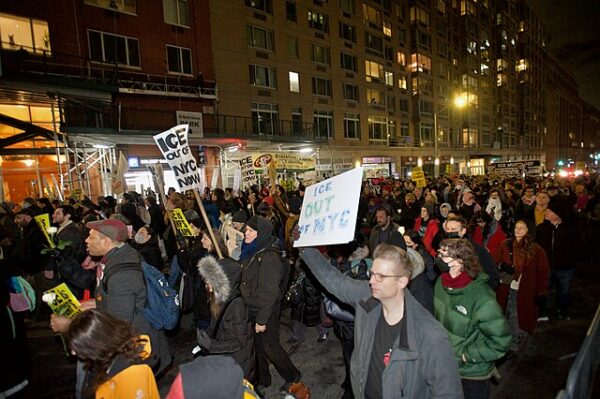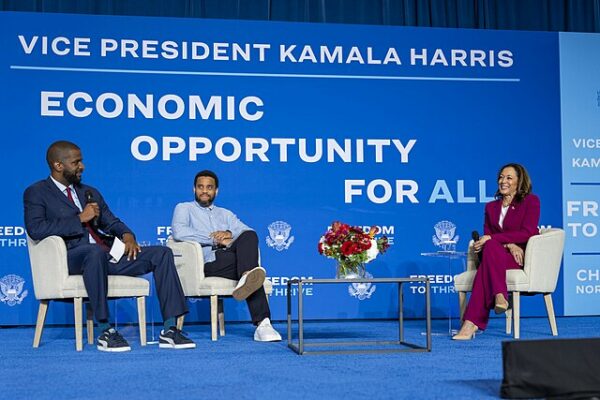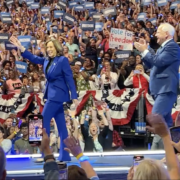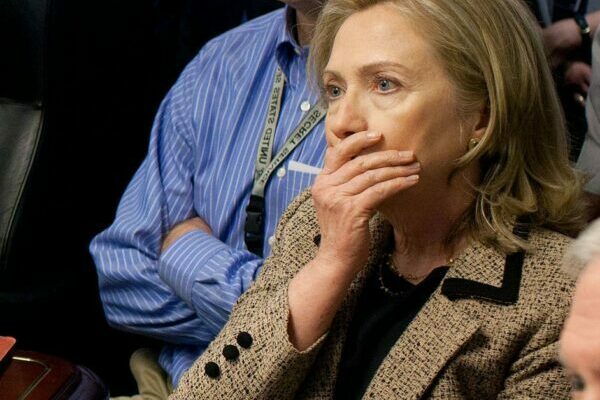
A newly declassified FBI timeline, obtained by FBI Director Kash Patel, has laid bare a pattern of political obstruction that hampered the 2016 investigation into alleged corruption at the Clinton Foundation — even as the bureau aggressively pursued unverified allegations of Russian collusion against Donald Trump during the same period.
The memo, authored by a Justice Department lawyer in 2017, describes how agents in New York, Little Rock, and Washington faced repeated roadblocks from senior leadership and the Obama-era DOJ while probing whether Hillary Clinton engaged in a pay-to-play scheme during her tenure as Secretary of State, wrote Just The News. According to the document, then-Deputy Attorney General Sally Yates told a federal prosecutor to “shut it down” in early 2016, likely in March, despite evidence suggesting the foundation had solicited hundreds of millions from entities with business before Clinton’s State Department. As early as February 2016, the DOJ “indicated they would not be supportive of an FBI investigation,” and then-Deputy FBI Director Andrew McCabe ordered that “no overt investigative steps” be taken without his approval — a restriction he reiterated multiple times.
The timeline shows further resistance. In August 2016, prosecutors in the Southern and Eastern Districts of New York declared they “would not support the investigation” and gave “no explanation.” By mid-2016, the probe had stalled. After Trump’s election, DOJ officials raised “concerns regarding the statute of limitations,” with one saying they “wanted to close this chapter and move forward.”
The memo traces the investigation’s roots to allegations in Peter Schweizer’s Clinton Cash. In mid-2015, an FBI supervisory special agent in Washington consulted with the U.S. Attorney’s Office to predicate an inquiry. By January 2016, field offices in New York, Little Rock, and Washington had opened preliminary or full investigations. Little Rock’s case drew partly on “source reporting that identified foreign governments that had made, or offered to make, contributions to the Foundation in exchange for favorable or preferential treatment from Clinton.”
Yet even with such reporting, the investigation met stiff internal resistance. In February 2016, McCabe was briefed on a confidential human source with potentially valuable information but insisted that “no overt investigative steps were to be taken” without his clearance. The following month, Little Rock’s request to “obtain supporting documents” was denied, and Yates allegedly directed prosecutors to “shut it down.”
The timeline underscores the disparity with the FBI’s July 2016 launch of Crossfire Hurricane — the Trump-Russia probe — which began immediately as a full investigation. Special Counsel John Durham later observed that “the immediate opening of Crossfire Hurricane as a full investigation contrasts with the care taken in connection with the investigation of the Clinton Foundation and other matters.” While the Clinton inquiry languished, the Trump case escalated, ultimately leading to the appointment of a special counsel.
Patel’s disclosure comes as Attorney General Pam Bondi has greenlit a strike force and grand jury to investigate possible law enforcement abuses over the past decade, including whether the Clinton probe was deliberately obstructed. Current and former prosecutors and agents have offered to assist in determining whether a criminal conspiracy shielded Democratic figures like Clinton while targeting Trump and his allies.
Yates, McCabe, and the Clinton Foundation did not respond to requests for comment. The revelations add weight to concerns over political bias in federal law enforcement during one of the most consequential election cycles in modern American history.
[Read More:

